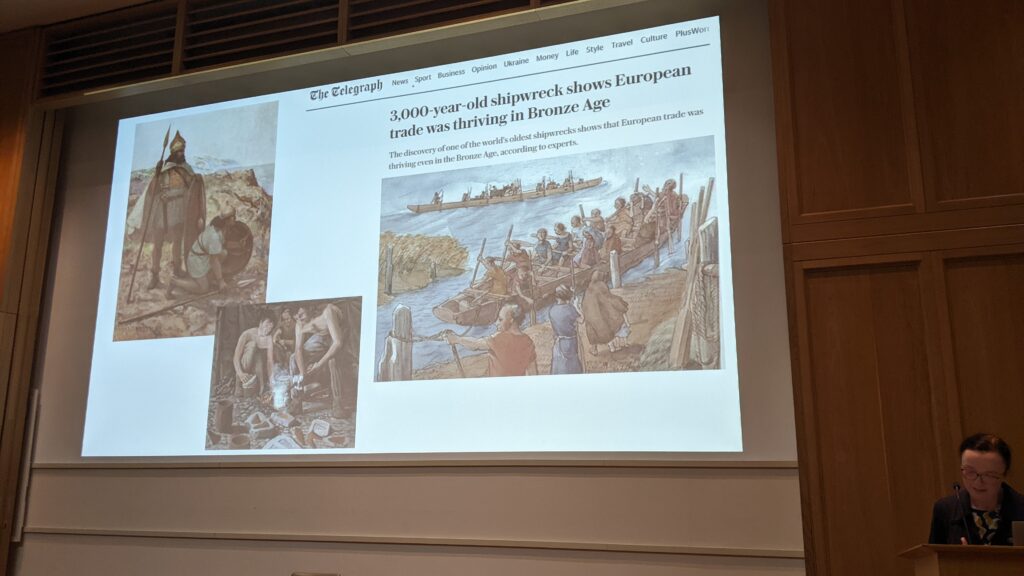If you want your revolution to succeed, it’s a good to push and grow from mythos and traditions, and grow from shared histories. Yes, Marxism and European #anarchism are coming back into fashion as source code of radical politics. But if we are to actually achieve anything this time round, we need to see and act, in balance, a #KISS understanding that most of what they propose already existed in indigenous and non-Western cultures. Ideas like #mutualaid, communal land, anti-hierarchy, #dialectics – these aren’t Euro inventions. They were lived reality for societies built on relationships, protocols, obligations, stories, land.
The path that we so often miss in our activism is those indigenous systems were rooted in culture, not just politics. That’s why they could survive under centuries of attack from #colonialism and #capitalism. It wasn’t theory that held them together, it was the social infrastructure of caring.
Way too often our western left tries to reassemble this through ideology alone, in a culture already stripped of land, kinship, and tradition. That’s why left projects so often keep collapsing – #theory isn’t enough. You can’t build lasting community on politics without #relationalfabric. No story, no shared values, no “spiritual” grounding, and everything becomes a power game, a purity spiral, a mess of ego and disconnection.
Even where Marxism and Anarchism succeeded for a time: #CNTFAI, the #Zapatistas, the #USSR you can see that it was growing from existing cultural roots. The political theory sprouted from culture, it didn’t grow without it. And when that cultural roots got disrupted? So do the movement.
In meany ways, Marxists have dogmatically dismiss indigenous societies as primitive, when they already lived what meany of the western radicals dreamed of. That’s the core paradox, Maximists too often wants what they ignore. They reach for communal life while scorning the few people who still kinda live it. #Anarchism tends to follow the same path, beautiful ideas, but no soil to grow in.
You want your revolution? Start with compost. The #4opens, land, kinship, accountability, shared story. Don’t fight the #deathcult with manifestos, root your tech and your politics in #livingculture. We don’t need more theory. To balance the current mess, we need to remember what we already knew.
